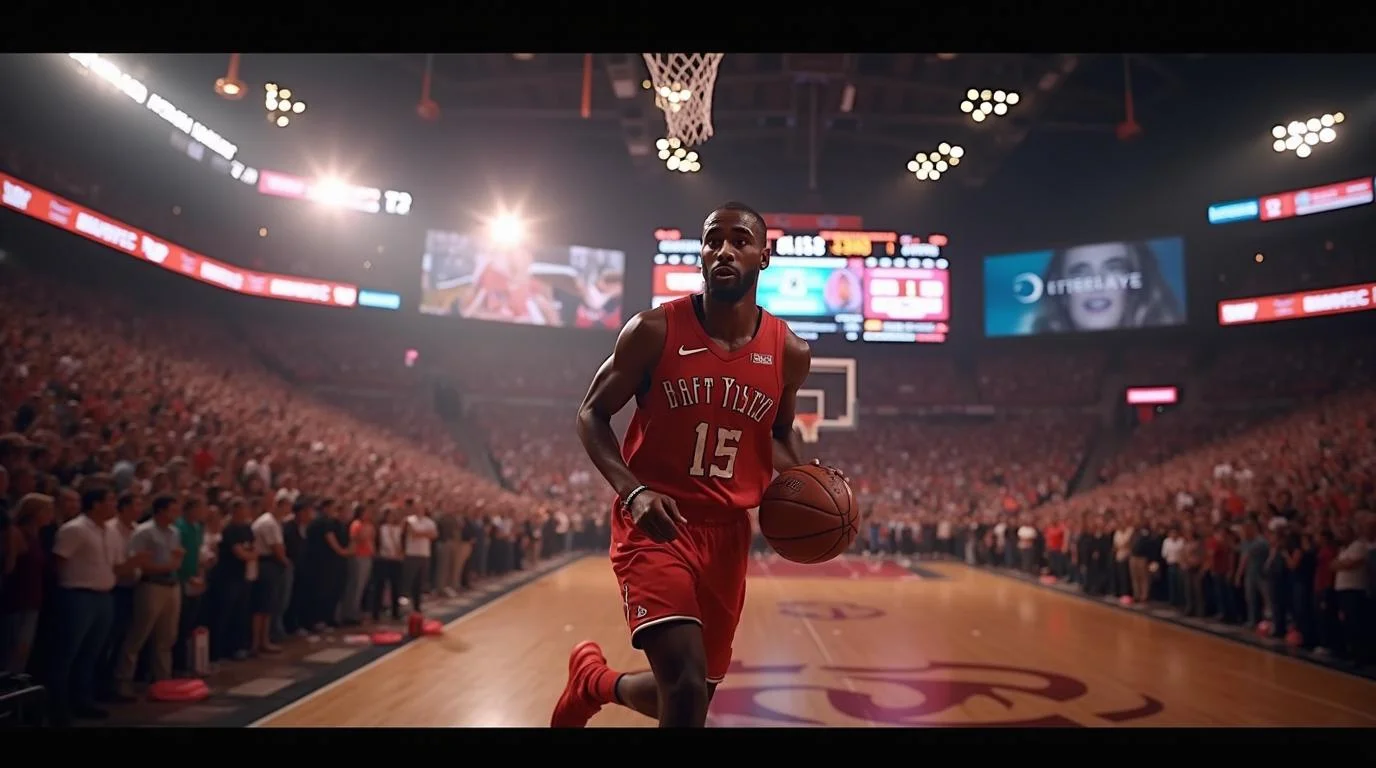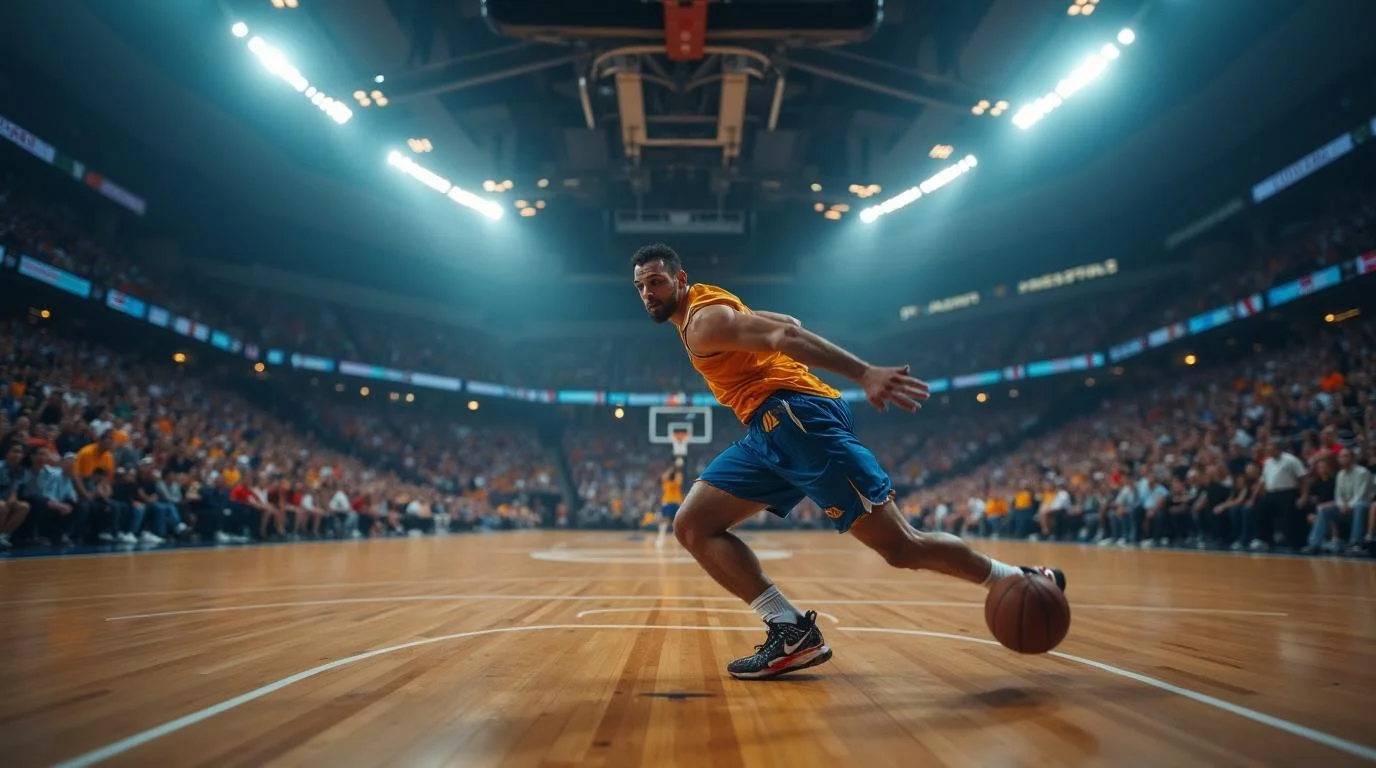About us
At GambleSpot, our team of seasoned experts brings you a wealth of industry knowledge accumulated over a decade, with a singular focus on delivering accurate and reliable information about regulated and responsible gambling in the United States. Rest assured; we painstakingly curate our offerings to feature only reputable operators, ensuring a secure and equitable gambling environment.
In our continuous effort to enhance your online betting experience, we're proud to introduce the GambleAI chatbot, a cutting-edge addition to our platform. Designed to be your personal gambling assistant, GambleAI provides expert reviews, exclusive bonuses, and the latest information on the best online casinos and sportsbooks. Whether you're navigating the world of online betting from home or on the go, GambleAI is available on both mobile and desktop platforms to offer support. As we beta test this innovative feature, we invite you to explore its capabilities and join us in shaping the future of online betting assistance. At Gamblespot.com, we're not just about offering the best betting opportunities; we're about creating a smarter, more informed betting community.
Our unwavering mission revolves around connecting you with legal and trustworthy websites tailored to your specific preferences while highlighting the finest options available for diverse types of players. Our team of expert writers goes the extra mile, providing in-depth analysis and data to equip you with the insights necessary for making well-informed decisions conveniently consolidated in one place.
GambleSpot serves as your comprehensive resource right at your fingertips. Explore everything you need to know about gambling with ease and confidence.









 Best Bonuses
Best Bonuses Free Slots
Free Slots Reviews
Reviews Betting Odds
Betting Odds







_800x800.webp)














